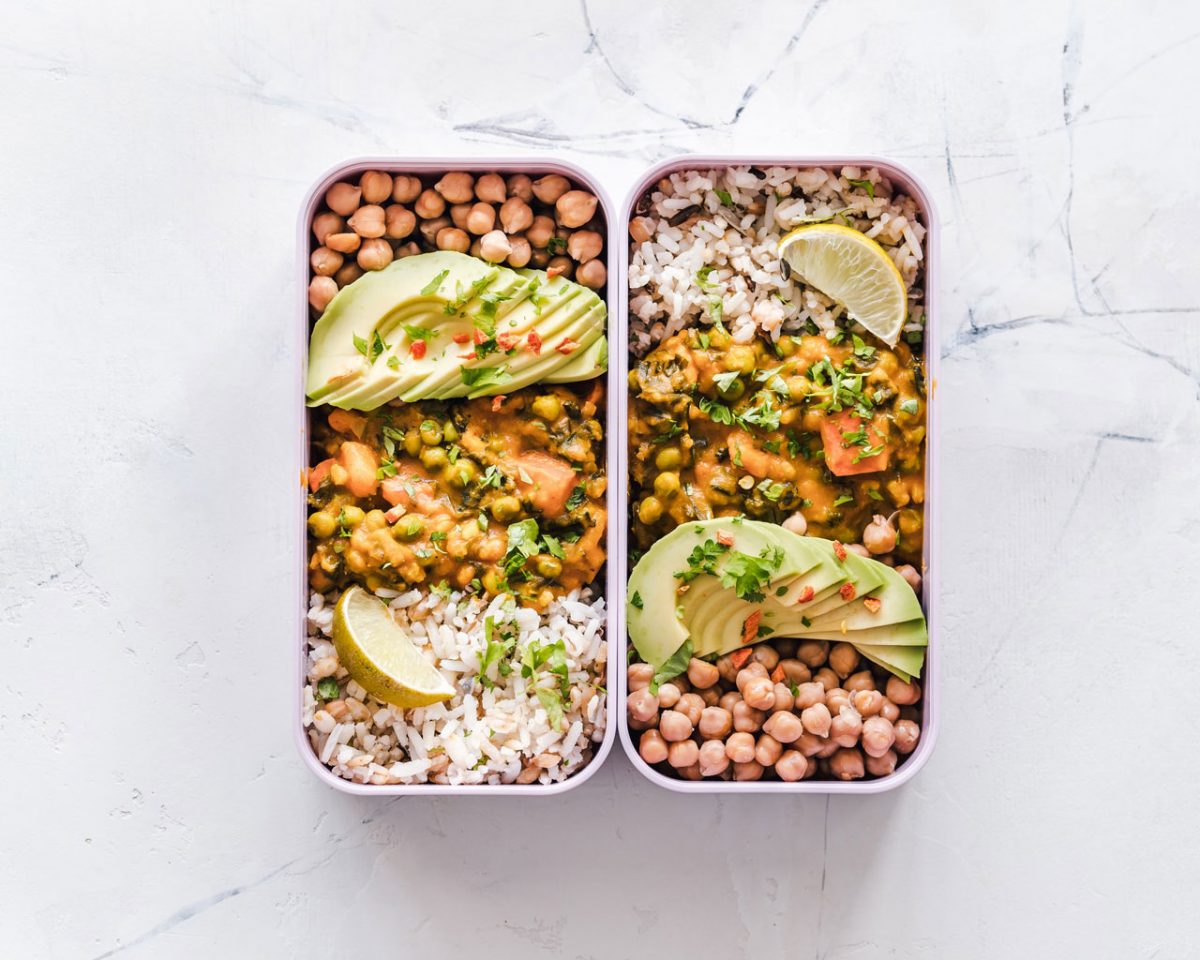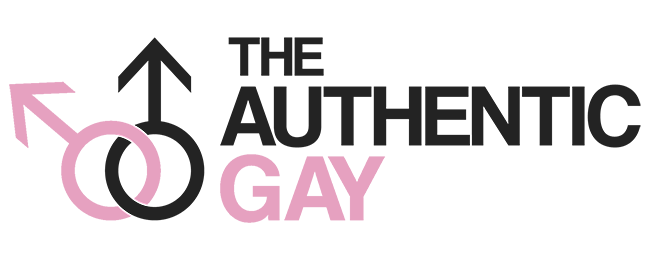Meal Prep for Muscle Gain: Benefits, Ideas & Tips

Meal prep is a meal strategy to prepare all your meals in advance and eat them at specific times. It can be done for various reasons, such as saving time or losing weight. You may find meal prep very useful if you are trying to gain mass. Read how meal prepping works and what benefits it has when it comes to gaining muscles.
What is Meal Prep?
You may find meal prep very useful if you are trying to gain mass. Because it means prepping the food that helps maximize muscle growth while minimizing fat storage. The method of meal preparation allows you to create healthy portions. So that every meal has macro-nutrients perfect for adding lean muscle mass (protein) and staying away from excess calories (fat).
Another way to meal prep is getting meals with a delivery service. Most deliveries include vegan or keto meal prep delivery services to fit your diet needs.
What Does Meal Prepping Look Like?
There are many ways of meal prepping to fit various fitness goals. But probably the most common one is when preparing your food on Sunday night, meaning enough meals until Friday. When meal prep for muscle gain, you are going to eat more than usual.
How Does Meal Prepping Work?
Meal preparation helps you burn fat and build lean muscles at the same time. Such a diet meets your daily calorie needs with healthy foods that give you energy, nutrients as well as protein. Meal prepping works by allowing you to create meals ahead of time. Instead of eating whatever happens to be around or ordered from take-out food menus. You can check how long does meal prep lasts for those who plan on doing this type of dieting over prolonged periods.
The Benefits Of Meal Prep
The meal prepping process basically involves cooking, baking, or steaming several servings of food at once. You can cook dishes like meat and vegetable stir-fry, hard-boiled eggs with whole-grain bread. Or baked fish with veggies on the side. Then you divide them into meal prep containers (or Tupperware) to store in your fridge for future meals during the week. Meal prepping is a great way of saving time while ensuring that you’re eating healthy foods every day.
It also helps prevent impulsive snacking when it comes to hunger pangs between lunch and dinner times. There are many benefits associated with meal prepping:
- It saves money. If done right, meal prep allows one batch cooking so there’s no need to buy groceries every day.
- It saves time. Meal prepping allows you to cook a large amount of food and store it in the fridge or freezer for later use. This way, you don’t have to spend hours preparing your meals from scratch on a daily basis. As well as cooking complicated recipes that require multiple ingredients.
- It’s mindful eating. Meal prepping helps you eat healthier as you have to meal prep healthy recipes.
- It’s a good way of portion control. Meal prepping allows one to make sure they stick to the number of macros (carbs, proteins, and fats) needed for muscle growth or weight loss goals. This is why meal planning before starting the process works best.
Meal Prepping Guides For Gaining Mass
The following meal prep guides are designed specifically with gaining mass in mind. They’re packed full of high protein & calorically dense foods (that can also be prepared quickly).
- Start by meal prepping breakfast, lunch, and dinner.
- Make sure each meal has a good source of protein (chicken, beef, fish, eggs), complex carbs (oatmeal, brown rice), and healthy fats (nuts, olive oil).
- As you get more advanced you can begin to add in snacks as well.
- When grocery shopping, try to buy in bulk whenever possible. This will help keep costs down and meal prep easier.
Sample Meal Prep Plan For Gaining Mass
Monday
- Breakfast – scrambled eggs with oatmeal & fruit;
- Lunch – turkey sandwich on whole-wheat bread with salad;
- Dinner – salmon with roasted potatoes and green beans;
- Snack – almonds or string cheese.
Tuesday
- Breakfast – smoothie made with protein powder, banana & almond milk;
- Lunch – leftovers from Monday night meal;
- Dinner – spaghetti with chicken meatballs and a side salad;
- Snack – protein bar or apple slices dipped in peanut butter.
Wednesday
- Breakfast – egg white omelet with veggies, cheese & whole wheat toast;
- Lunch – fajita vegetables on top of brown rice (use lean ground beef if trying to gain mass);
- Dinner – grilled salmon filet over quinoa pilaf and asparagus;
- Snack – low fat cottage cheese topped with pumpkin seeds.
Thursday
- Breakfast – banana pancake made from scratch;
- Lunch – leftovers from Wednesday meal;
- Dinner – spicy shrimp skewers served over jasmine rice and sautéed spinach;
- Snack – celery sticks filled with reduced sugar peanut butter.
Friday
- Breakfast – protein shake;
- Lunch – turkey & cheese roll-ups with grapes;
- Dinner – homemade pizza on the whole wheat crust, served with a side salad;
- Snack – mixed nuts.
Saturday
- Brunch – breakfast sandwich on an English muffin with egg, Canadian bacon, and cheese;
- Dinner – burger topped with avocado, tomato, and onion on a whole wheat bun, served with oven-roasted sweet potato fries;
- Snack – yogurt topped with granola and fresh fruit.
Sunday
- Breakfast – steel-cut oats made with almond milk & cinnamon;
- Lunch – leftovers from Saturday meal;
- Dinner – One Pot Teriyaki Chicken Rice Bowls (use chicken breasts if trying to gain mass);
- Snack – hard-boiled eggs.
Best Foods for Muscle Gain
In order to build muscle, you need to eat enough protein and calories. You should also focus on eating whole foods that are packed with nutrients. Here are some of the best foods for gaining mass:
- Chicken – high in protein and B vitamins;
- Turkey – a good source of niacin, which is important for energy production;
- Beef – provides zinc, iron, and B vitamins;
- Eggs – a great source of protein as well as choline (a nutrient that supports brain health);
- Yogurt – contains probiotics that promote gut health;
- Quinoa – a complete plant-based protein containing all nine essential amino acids.
How to Start Meal Prepping
To get started, you’ll need some high-quality meal containers. You can find these on Amazon or in most grocery stores. They come with compartments so it will be easy to ensure that your meals are balanced throughout the day. Make sure you label them too! Some people like using stickers while others use post its. Whatever works best for you is fine as long as they stay securely fixed to the container.
Meal preppers recommend eating every three hours and consuming about 300 calories per meal. But this may vary depending on what your specific goals are. Of course, meal prepping isn’t just for gaining weight. It can be used to lose weight by meal planning with healthy recipes instead of opting for fast food or take-out options.
You’ll also notice that most meal plans are similar in the sense that they consist mainly of whole foods and wholesome ingredients. These are lean meats, fruits, veggies, nuts/seeds, etc. If you want to use meal prep as part of your fat loss journey, then remember “variety is key” when it comes to choosing what you put into your body.
It’s important to note that if meal prepping sounds like something new (or maybe even daunting) concept but you’re not sure where to start – don’t. Even though meal prepping plans might seem like a lot of work, meal prep recipes can actually be really simple. You don’t need to slave away in the kitchen for hours on end to meal prep your meals for the week before Sunday rolls around – although that’s an option if you want it.
Useful Meal Prep Tips to Consider
- Meal plan ahead (don’t go grocery shopping without knowing what you are cooking or eating).
- Divide your meal into single servings.
- Cook once and eat twice. Cook double portions so there is enough food to last all week long.
- Always have healthy snacks at hand. These are vegetables, fruits & nuts/seeds so appetite does not get too intense from time to time.
- Preparing your meal the night before can save you both time and money, as eating out at restaurants can be quite costly.
The Final Word
Meal prepping is a great way to ensure that you are getting all of the nutrients your body needs while trying to gain mass. It can also help to keep your calorie intake on track. This is extremely essential when trying to put on weight. By meal prepping, you will have healthy and balanced meals ready to eat every day. You don’t have to spend hours in the kitchen cooking each individual meal. This leaves more time for you to focus on hitting the gym and putting in those extra reps.
Additionally, meal prepping can help you with your diet plan. You can plan out what you will eat for the week ahead. And it does not have to be a large meal every day. In fact, meal prepping is most beneficial when doing intermittent fasting. This means that you are only eating within a certain time frame each day. If this sounds interesting, check the tips mentioned above and start prepping meals!
